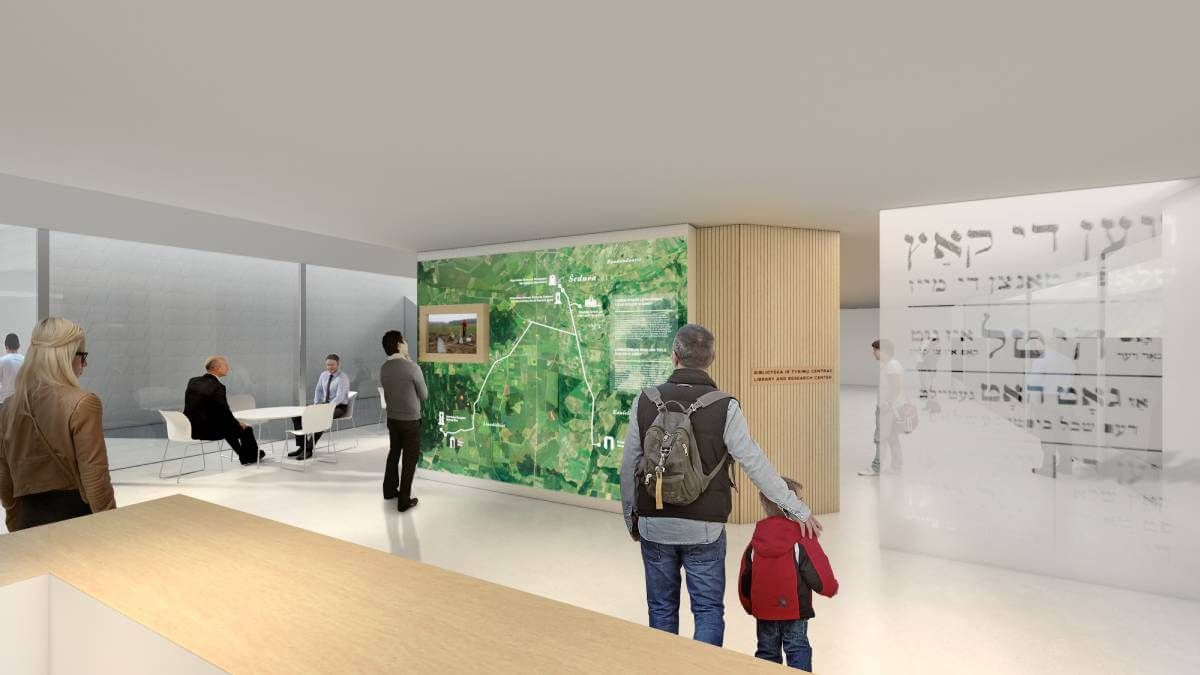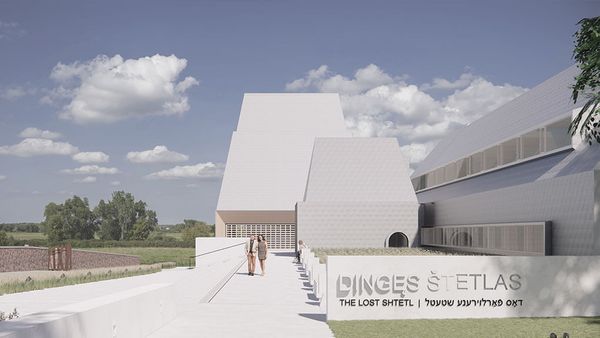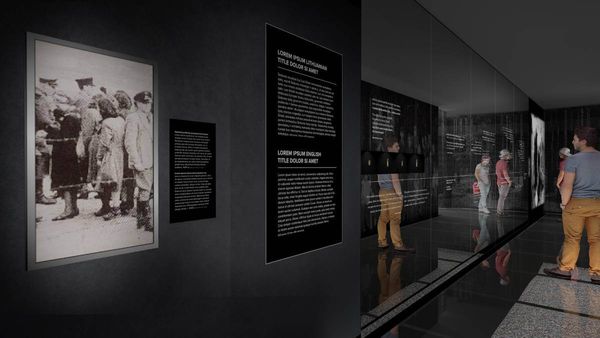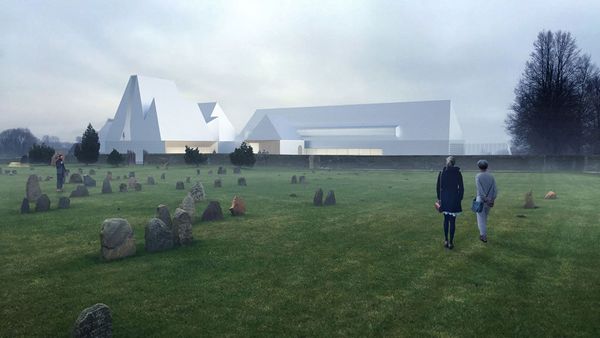Museum


The Team of Curators
The content of the Lost Shtetl Museum is being assembled by a team of curators in Lithuania, in consultation with experts in Eastern European and Russian Jewish history from Germany, Israel, Lithuania, Poland, and the United States. The team decided to abandon the initial concept to reconstruct the historic shtetl as an open-air folk life museum in favor of an institution focusing on people, not buildings and traditional customs.
The content that will be featured in the museum’s galleries is the result of several years of careful research, gathering authentic accounts and memories of Šeduva‘s Jews and their descendants around the world. Personal stories about life in the shtetl will be shared by ordinary people, not celebrities. Visitors will hear their voices in texts and images, through artifacts and screens in multimedia presentations. As they walk through the galleries, visitors will encounter the old and the young, affluent and less fortunate Jews, the faithful as well as non-believers, the quiet and serious alongside the pranksters. Many of the stories from the residents of Šeduva come from interwar Lithuania, but when necessary and where possible, curators will seek to present a broader picture that also encompasses Tsarist Russia and, less often, the Polish-Lithuanian Commonwealth, to provide a clearer understanding of what happened and why.
Although construction of the Lost Shtetl began only recently, the staff of the future museum is already hard at work, conducting educational programs in Lithuanian towns, presenting the history of Lithuania’s shtetls on the museum’s Facebook page, holding cultural events in Šeduva, and organizing ethnographic expeditions to Israel, South Africa, and, of course, to the town of Šeduva itself.
The museum team is already working to expand the still limited memory of the public in Lithuania, a country whose Jewish community and its history of more than 600 years was erased in the past century. The Lost Shtetl Museum hopes to revive a much broader memory, one in which Lithuania’s Jews are remembered not just for their more renowned representatives, but as a diverse and colorful world of Jewish communities with its many contributions to the culture, economy, and political life of Lithuania. It is our sincere hope that the erstwhile residents of the Lost Shtetl may become part of the stories and memories of the country of Lithuania – whether celebrating its achievements or remembering its struggles.
In their work, the creators of the Lost Shtetl are guided by the motto of the future museum: "A living memory for an open society”.


